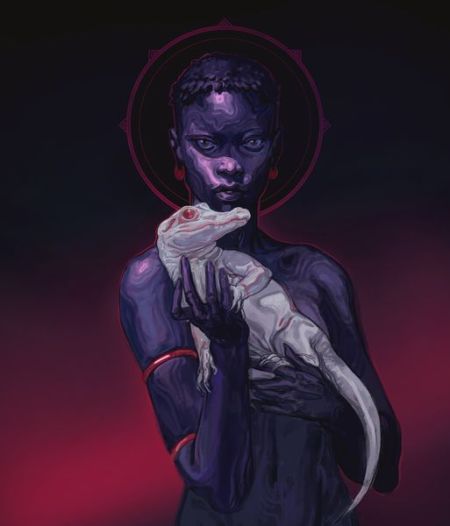“So, it’s your first night at the warehouse, huh, kid?” The paunchy older man with the graying whiskers and faded denim overalls asked. His tone was conversational. His smile was sincere. “Lemme guess… you’re putting yourself through college?”
“I am,” I said. My own coveralls were new, the indigo still deep and dark, with creases from where they’d been folded in the package. With self-deprecating humor, I said, “I’m on the six-year plan.”
“Better six years than no years,” my mentor said. “I’m Maury; lemme show you around.”
“Sure,” I said.
“As a custodian you need to know the sorting policy. Here, on the first aisle are the Childhood Fantasies… things kids grow out of before they turn ten.”
“Like being an astronaut?”
“More like being a spaceship captain, although we still get a lot of firefighters, lion tamers, and superheroes.” Maury shakes his head. “Some of those are messy – the kids who tried flying before they gave up on the idea… their bodies usually didn’t suffer much, but those dreams literally went splat! That’s why we cover up.”
“I was wondering,” I said. “What’s next?”
“Well, this next section, it’s the dreams that are set aside when we’re coming of age.” He reaches into a bin and retrieves a handful of pointe shoes, dangling from faded pink ribbons. “Lots of ballerinas in this section, and tap dancers, but also baseball and soccer players. These are the sports and arts that kids give up when they head off to college.”
“Because their tastes change?” I ask.
“Some of them.” Maury returns the ballet shoes to the bin, picks up a soccer ball and bins it, and then moves a unicycle into a bike rack. “Others… they just didn’t have time, or they couldn’t afford to keep up after high school.” He stops, turns to face me, and stares for a long moment. “Your clarinet is three over, fourth shelf,” he says.
“How did you know about that?”
Maury favors me with a sympathetic smile. “You work here long enough, and you start to pick up on things.”
“How long have you been working here?” I ask.
“A long time,” he answers vaguely.
I follow him up and down a few more aisles until we reach a bin of hard hats. “Put this on,” he says, handing me a yellow one. He places an orange one over his buzz-cut hair. “This section can be dangerous.”
We enter a warehouse aisle that has bits of things – dolls, china, musical instruments, paint brushes, running shoes… riding saddles and medical texts.
“Broken dreams?” I guess aloud.
“Yup,” Maury answers. “Next aisle isn’t dangerous, but it might make you a little sad…”
“Oh?”
But he doesn’t need to explain. One side of the aisle is bins full of college sweatshirts and corporate IDs. I gulp, knowing that if I’m not careful my own future could end up folded and graying here. The other side of the aisle, though, is different. Smaller bins. Engagement rings. Wedding bands. Baby shoes.
“Oh,” I manage to say, since Maury seems to expect a reaction of some kind. “Oh.”
“Yeah,” he answers, as if we’ve just had a profound conversation. And maybe we have. It just didn’t involve a ton of words. “C’mon.”
More rows, some are things I recognize, some are poorly lit, and the shapes are abstract and indistinct. But there’s a warm light emanating from the very furthest aisle, and here’s where we find rows of easels, fishing poles, knitting supplies, baking equipment.
“This stuff doesn’t seem like it’s lost or broken,” I say.
“No. This… this is where I come when the rest of it gets too much. This is the place where later-in-life dreams are protected until they’re ready to be used. Most of these dreamers are grandparents, and they’re either planning retirement activities or embracing hobbies to share with their grandchildren.
“Oh… wow.”
“It’s not good to linger too long,” Maury says quietly. “Maybe I’ve come here too many times.” He picks up one of the fishing poles. “Work hard, while you’re here, kid,” he says. I notice that his hard hat is now a canvas one with fishing lures attached to it. Like that guy from the TV show M*A*S*H.
“I don’t understand,” I say.
“Don’t let go of your dream,” he continues. “Six years, even seven, you finish college.”
“I won’t,” I say. “I mean, I will. I’ll finish.”
Maury turns away from me and walks down toward the brightest part of the light. I take two steps to follow him, but then there’s a loud alarm from somewhere above me, and a computer voice announces “Incoming shipment. Custodian, please report to the loading dock.”
I turn toward the place where I came in, which is suddenly only a few feet from me, instead of rows and rows away. It’s my first night at the Warehouse of Lost Dreams, but it won’t be my last.
Art credit: Max Steksov





















